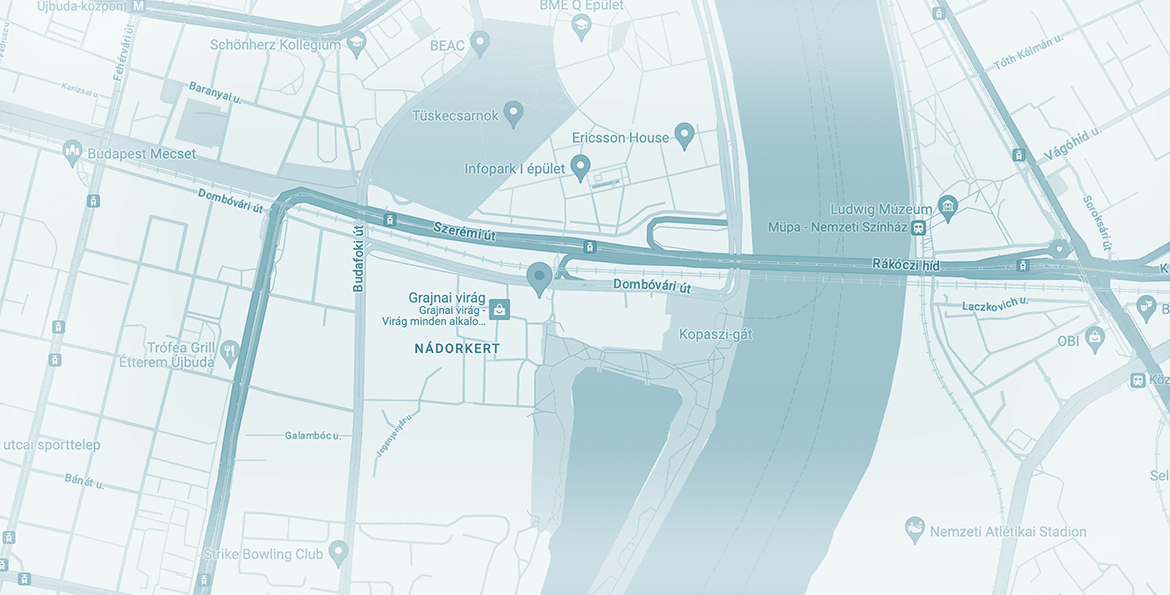
VAT rates in Hungary
VAT is short for Value Added Tax. In Europe, this is a tax on consumption, added to the net price of goods. Standard VAT rates are different in each EU member state and depend on the type of goods or services. If you trade internationally, calculating VAT will be an essential part of your accounting and bookkeeping.
VAT is short for Value Added Tax. In Europe, this is a tax on consumption, added to the net price of goods. Standard VAT rates are different in each EU member state and depend on the type of goods or services. If you trade internationally, calculating VAT will be an essential part of your accounting and bookkeeping.
Standard and reduced VAT rates
In most countries of the European Union, there is a standard VAT rate that applies to most goods and services, while some specific products have reduced VAT rates. In Hungary, the standard VAT is 27%, while some products have a VAT of 18%, 5%, or even 0%.
18% VAT
- dairy products
- bread
5% VAT
- certain medicines and medical devices
- performing arts
- books, magazines, newspapers
- certain stock animals
- poultry, eggs, fresh milk, fish, pork
- commercial accommodation services
- newly built homes
- internet access
- district heating
- catering in restaurants offering hot meals and freshly made soft drinks (except for cold meals, alcoholic beverages and canned/bottled soft drinks)
- Please note: takeaway and home delivery from restaurants is no longer included in the 5% tier (their inclusion applied only during the countrywide quarantines due to the coronavirus epidemic; currently not available)
0% VAT
- daily newspapers (issued at least 4 times a week)
VAT in the price of goods and services
In Europe, and especially in domestic B2C environments, it is standard practice to already include VAT in the prices indicated for goods and services. The net price is listed only if the buyer is expected to be a business, since companies can reclaim VAT.
In international B2C environments (e.g. webshops), it is again normal to list the net price. In these cases, VAT is usually added at checkout, depending on the type of the product being sold (goods or services) and the country of destination. To facilitate the correct calculation, reporting, and payment of VAT, the OSS and the IOSS were created. If you are planning to open an online shop, discuss the topic with your accountant in detail, or ask for a consultation with an expert like those working with Helpers Finance.
Is your business subject to VAT?
In Hungary, most businesses are subject to VAT. This means that they must add VAT to their prices (and forward the VAT content of their income to the Tax Authority), and that they can reclaim VAT based on their business expenses. Some businesses are not VAT subjects, but this option is available only under strict conditions, to a limited type of businesses, under an income threshold that is quite low (from 2025, yearly HUF 18 million, which is ca. EUR 44,000).
VAT in the national economy
Income from the value added tax covers about one fifth of the government budget in Hungary. In 2023, the total income was HUF 36,515 billion, of which HUF 6,982 billion came from VAT. As a result, VAT reporting is monitored thoroughly, and there are constant efforts to make VAT reporting more efficient as well as transparent.
The more business you do, however, the more complicated VAT reporting becomes. This is why your Hungarian company needs an accountant who is an expert not only in working with foreign business owners but also in VAT administration, with an extensive knowledge of VAT rates – like those working at Helpers Finance. If you are looking for a new accountant like us, feel free to contact us.
Was this article useful? Follow us on Facebook and never miss an update.
Last updated on 27 January, 2025.
Contact
Get in touch today
Monday - Friday
9am - 5pm CET
Helpers Finance Kft.
Budapart Gate
Dombóvári út 27
Budapest 1117, Hungary
If you’re visiting us, please use entrance A and come to the 2nd floor.



